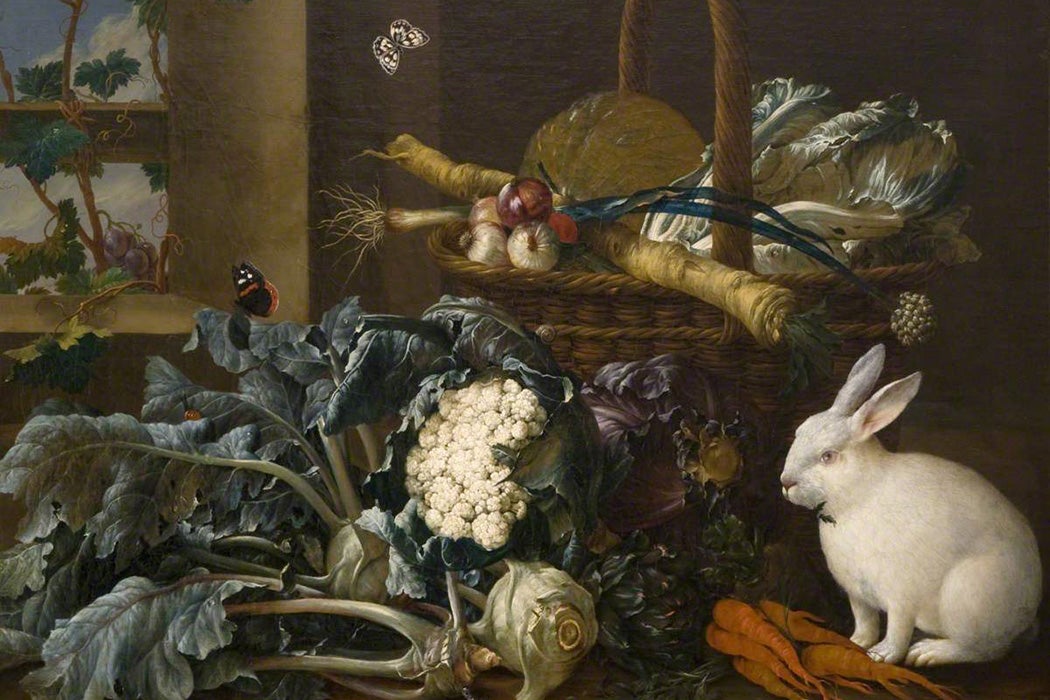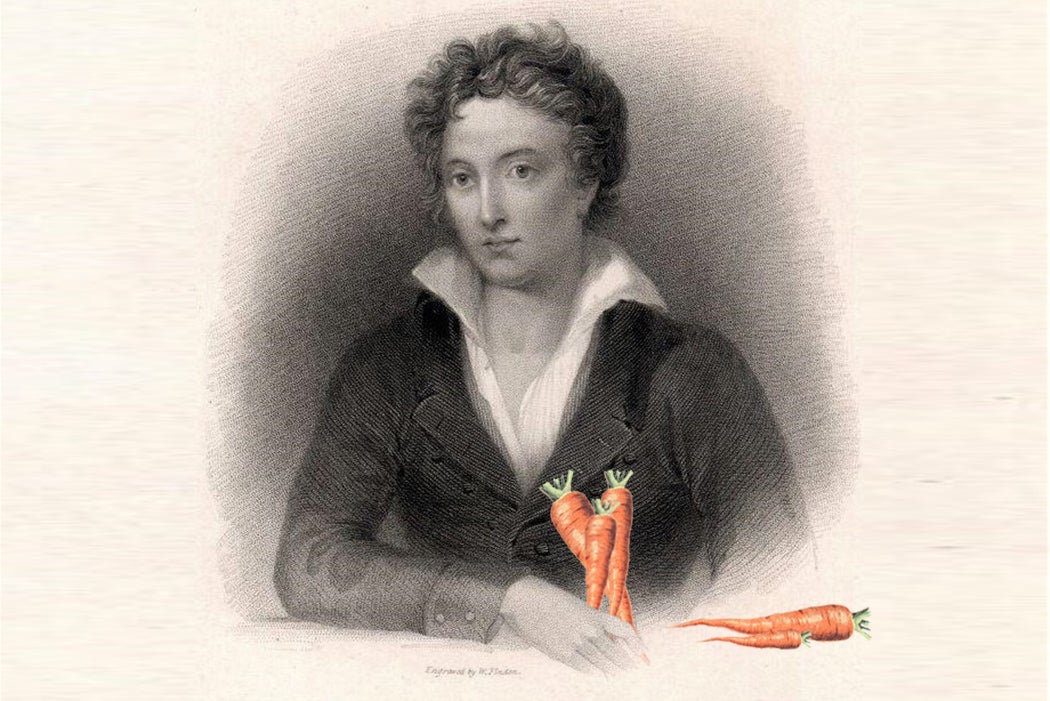The medieval Catholic mystic St. Francis of Assisi famously honored non-human creatures as fellow children of God and wrote that “every creature in distress has the same right to be protected.” Yet he also apparently had no problem consuming animals. As philosophy and religion scholar Carl Frayne explains, from its beginnings, the Christian Church hierarchy has repeatedly pushed back against advocates of vegetarianism.
Frayne notes that eschewing meat was a well-established practice in the ancient Mediterranean world. For example, a number of ancient Greek philosophers, most notably Pythagoras, advocated for a vegetarian diet. But, for early Christians, pushing back against dietary restrictions was an important marker of the emerging religion’s relationship to Jewish law. In the Acts of the Apostles, St. Peter recounted a vision instructing him to “kill and eat.” When the saint protested against the idea of consuming “impure or unclean” food, the heavenly voice responded, “Do not call anything impure that God has made clean.”
Frayne writes that some second- and third-century sects, such as the Encratites, Priscilliantists, and Manicheans, advocated against meat eating, typically as part of a broader asceticism that might also include celibacy. For Manicheans, avoiding meat was part of a dualistic project of escaping the material world for the spiritual one. Far from an expression of compassion toward animals, it was inspired by a sense of all fleshy things as evil.
Church leaders understood these views to be heretical or pagan, reflecting pride and a lack of gratitude to God. However, mainstream Christians were instructed to maintain some form of vegetarianism—which might or might not allow for fish, milk, or eggs—during fasting days. And, between Lent, Advent, Wednesdays and Fridays, and various other days, as many as 150 days of the year might require fasting for lay people. For monks, it could be up to two-thirds of the year.
More to Explore
Percy Shelley: Trendsetting Vegetarian
Beyond simply being a way to avoid physical stimulation, Frayne writes, this kind of fasting was said to bring worshipers closer to biblical figures. Some theologians argued that Adam and Eve, as well as all the animals in the Garden of Eden, ate only plants. Christians also widely believed that John the Baptist was a vegetarian.
Weekly Newsletter
However, the avoidance of meat was explicitly about the impact on the person fasting, not any concern for animal welfare. In fact, the ascetic value of fasting from meat required that the person otherwise enjoy it.
As the second council of Toledo in 447 ruled, “If anyone believes he must abstain from the flesh of birds and beasts which is given us for nourishment; and does so not in a spirit of bodily mortification but out of disgust, let him be anathema.”
Support JSTOR Daily! Join our membership program on Patreon today.








